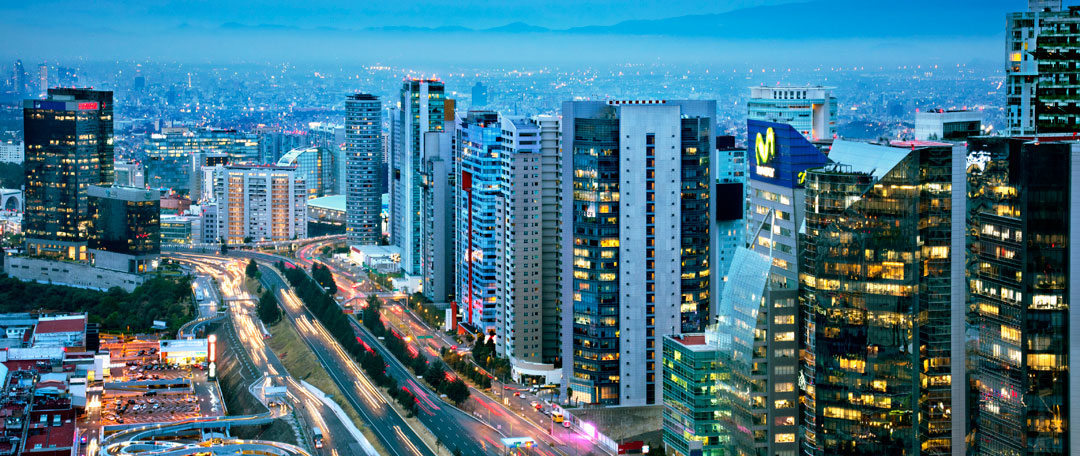
(IDB, 28.Feb.2022) — The global low-carbon energy transition driven by technological change and government plans to comply with the Paris Agreement makes future gas demand, prices, and associated public revenues uncertain. We assess the prospects for natural gas production and public revenues from royalties and taxation of gas production in Latin American and the Caribbean under different levels of climate policy. We derive demand from a global energy model, and supply from a global natural gas field model and a global oil field model for associated gas.
We find that natural gas production and associated public revenue are strongly impacted by decarbonization efforts. The more stringent climate policy is, the lower the production of natural gas. Exporting natural gas from Latin America and the Caribbean does not help the rest of the world reduce greenhouse gas emissions. In scenarios consistent with limiting global warming well-below 2C, incumbent producers and natural gas associated with oil dominate production, drastically limiting opportunities for new gas production in the region and increasing the amount of gas left in the ground. Reduced demand for gas produced from Latin America and the Caribbean is mainly driven by falling demand in the region itself, as energy demand in buildings, industry, and transportation shift towards electricity produced from zero-carbon sources.
Cumulative public revenues from natural gas extraction by 2035 range between $42bn and $200bn. The lower end of the range reflects scenarios consistent with below 2C warming. In this case, up to 50% of proven, probable, and possible (3P) reserves in the region (excluding Venezuela) remain unburnable the paper provides estimates by country. Our findings confirm that governments cannot rely on revenues from gas extraction if the objectives of the Paris Agreement are to be met. Instead, they need to diversify their fiscal and export strategy away from dependence on gas production. More generally, climate objectives, energy policies and fiscal strategies need to be consistent.
We find that natural gas production in Latin America and the Caribbean and associated public revenue are strongly impacted by decarbonization efforts. The more stringent climate policy is, the lower the production of natural gas exporting natural gas does not help the rest of the world reduce greenhouse gas emissions. When global climate policy is stringent, incumbent producers and natural gas associated with oil dominate production, drastically limiting opportunities for new gas production in the region.
Cumulative fiscal revenues from natural gas extraction in the region range between $42bn and $200bn by 2035. The lower end of the range reflects global climate policy consistent with 1.5C warming. In this case, up to 70% of regional reserves remain unburnable (the paper provides estimates by country). Our findings confirm that governments need to diversify their fiscal and export revenue strategy away from dependency on gas production. Instead, the focus of energy investment should be on the development of wind and solar, and the electrification of energy uses in other sectors, particularly transport, buildings, and industry. More here from IDB
____________________

